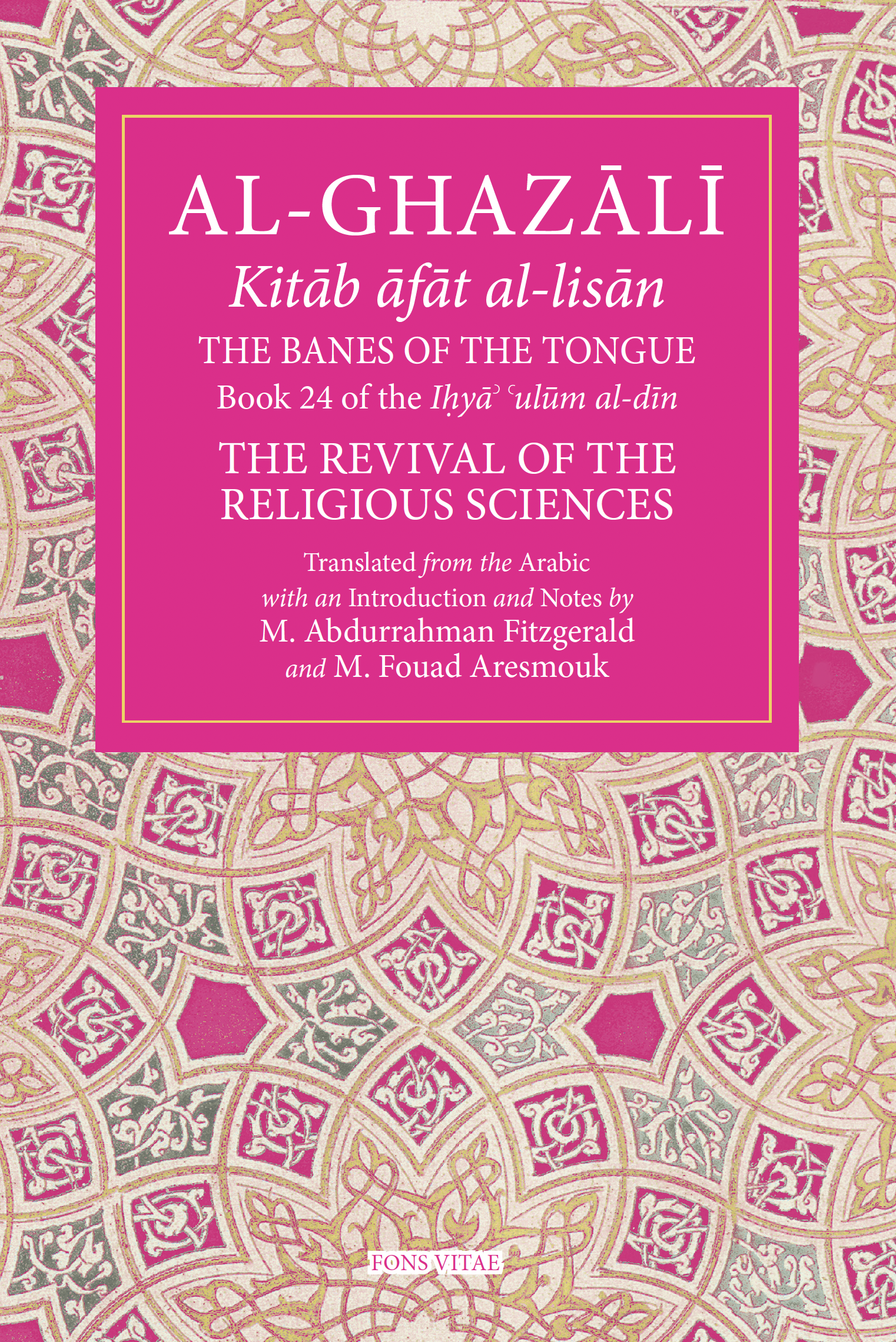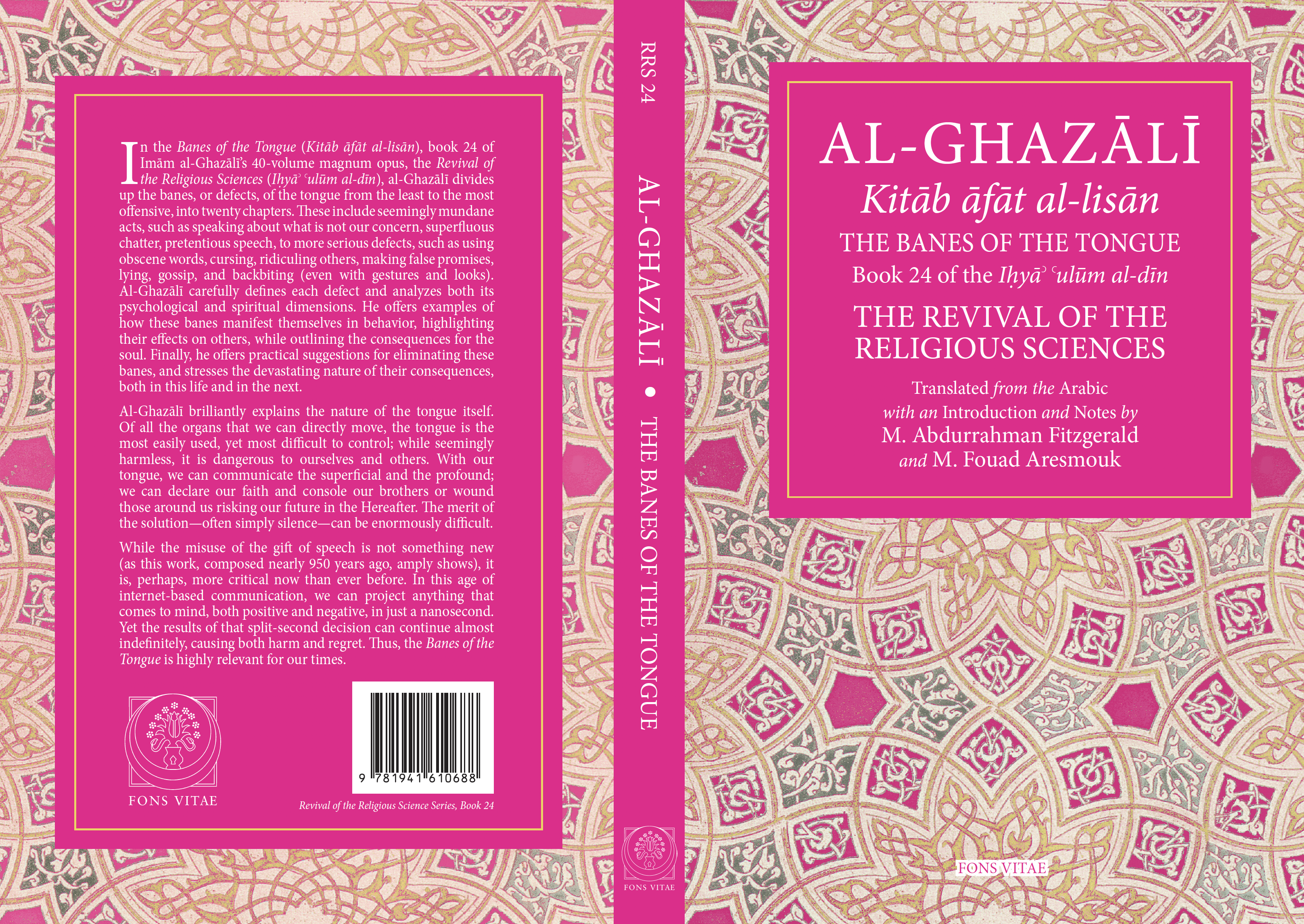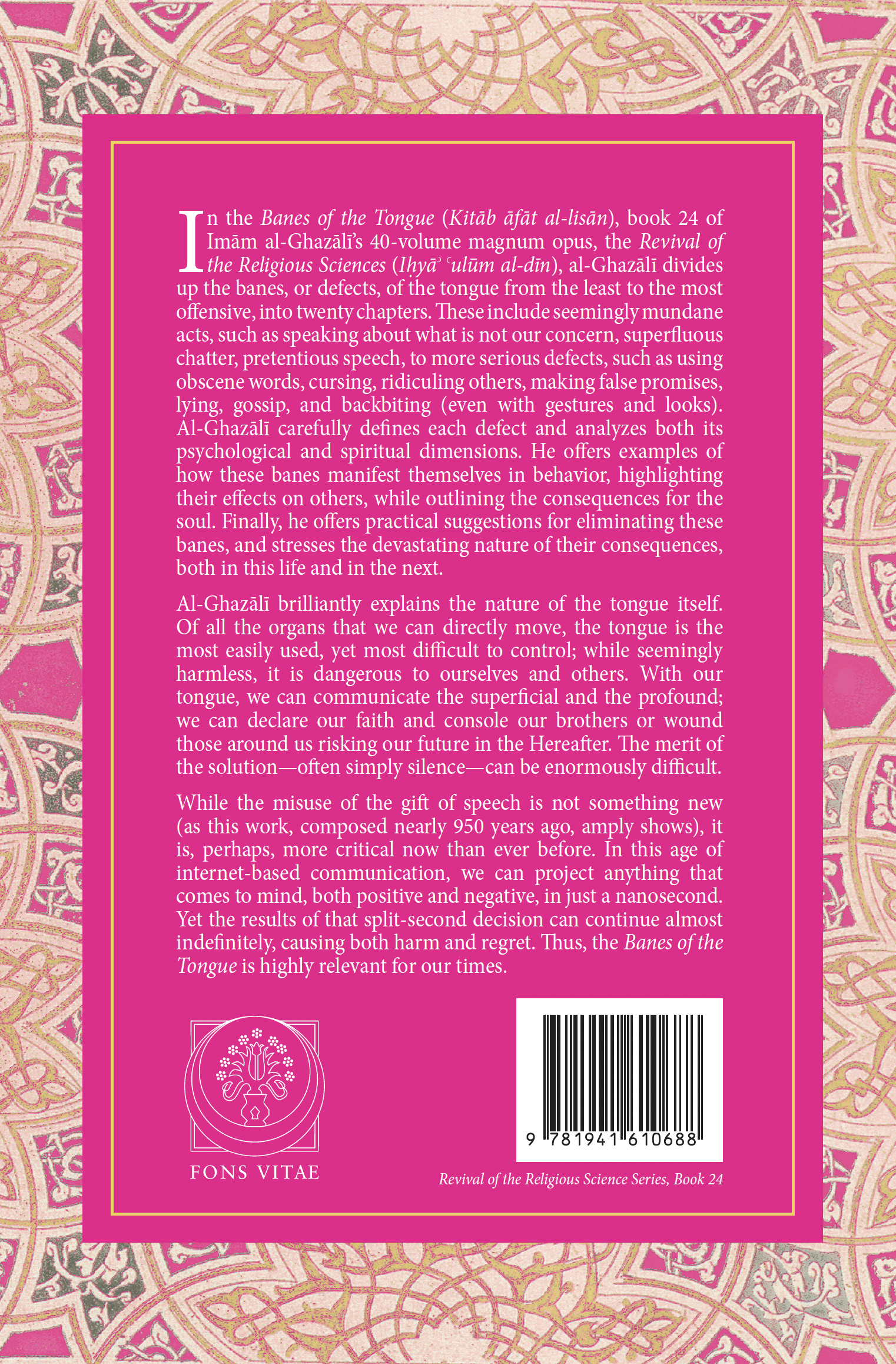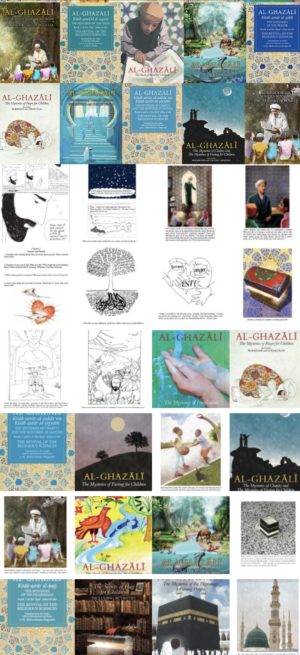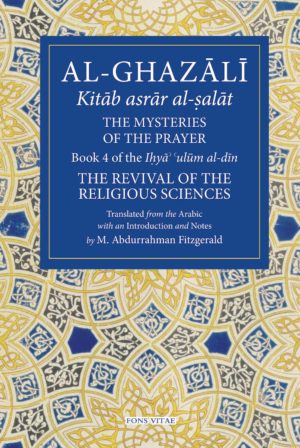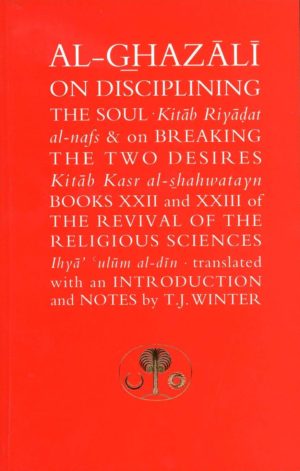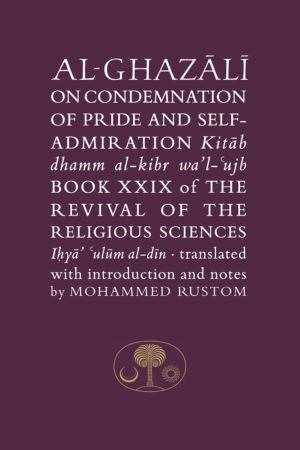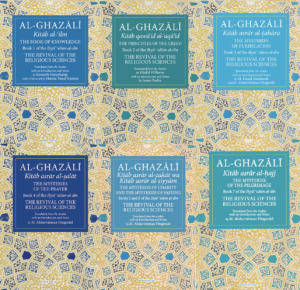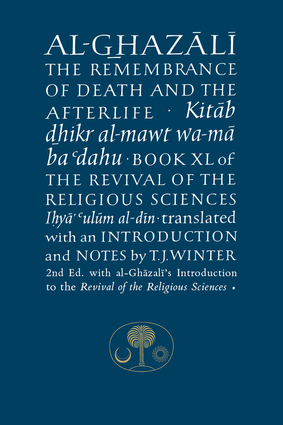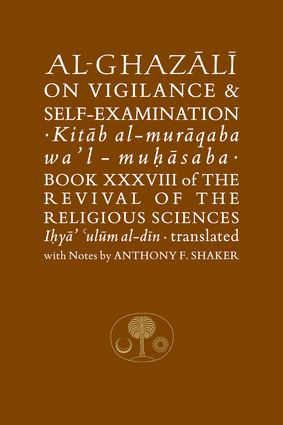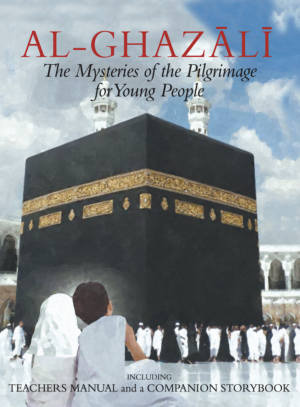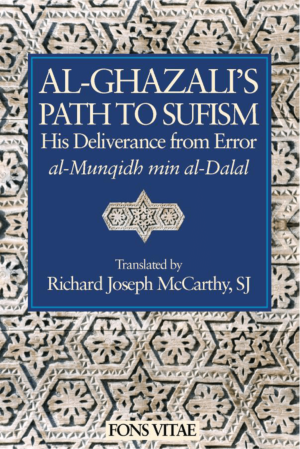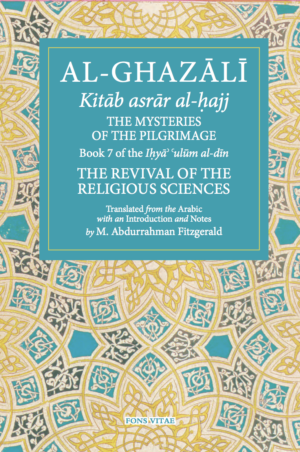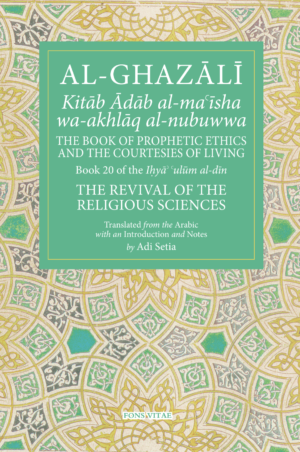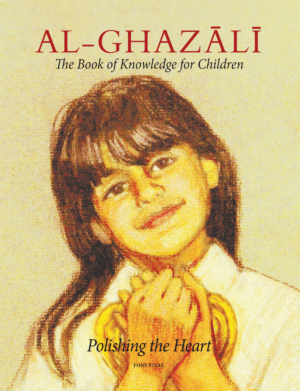Al-Ghazali: The Banes of the Tongue – Book 24 of The Revival of the Religious Sciences
In the Banes of the Tongue (Kitāb āfāt al-lisān), book 24 of Imām al-Ghazālī’s 40-volume magnum opus, the Revival of the Religious Sciences (Iḥyāʾ ʿulūm al-dīn), al-Ghazālī divides up the banes, or defects, of the tongue from the least to the most offensive, into twenty chapters. These include seemingly mundane acts, such as speaking about what is not our concern, superfluous chatter, pretentious speech, to more serious defects, such as using obscene words, cursing, ridiculing others, making false promises, lying, gossip, and backbiting (even with gestures and looks).
Al-Ghazālī carefully defines each defect and analyzes both its psychological and spiritual dimensions. He offers examples of how these banes manifest themselves in behavior, highlighting their effects on others, while outlining the consequences for the soul. Finally, he offers practical suggestions for eliminating these banes, and stresses the devastating nature of their consequences, both in this life and in the next.
Al-Ghazālī brilliantly explains the nature of the tongue itself. Of all the organs that we can directly move, the tongue is the most easily used, yet most difficult to control; while seemingly harmless, it is dangerous to ourselves and others. With our tongue, we can communicate the superficial and the profound; we can declare our faith and console our brothers or wound those around us risking our future in the Hereafter. The merit of the solution—often simply silence—can be enormously difficult
While the misuse of the gift of speech is not something new (as this work, composed nearly 950 years ago, amply shows), it is, perhaps, more critical now than ever before. In this age of internet-based communication, we can project anything that comes to mind, both positive and negative, in just a nanosecond. Yet the results of that split-second decision can continue almost indefinitely, causing both harm and regret. Thus, the Banes of the Tongue is highly relevant for our times.
Professor Honerkamp’s Introduction
Read the Introduction to ‘The Banes of the Tongue’ by Professor Kenneth Lee Honerkamp, Department of Religion, University of Georgia, Athens.
- 9781941610688
- ePDF, ePUB, Paperback
- 180
